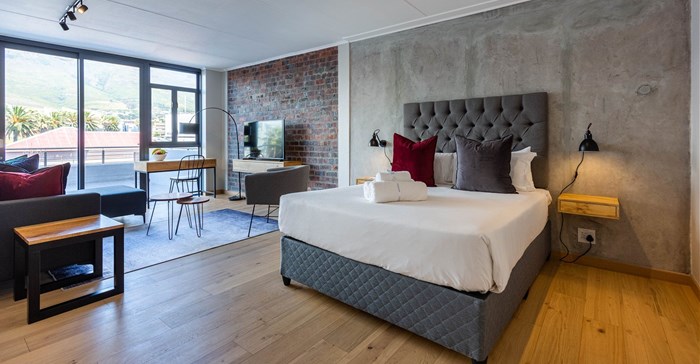
Related
Top stories






More news


Marketing & Media
Ads are coming to AI. Does that really have to be such a bad thing?














Biweekly consumer surveys held in multiple countries by Deloitte show that as northern-hemisphere economies reopen, anxiety levels around health and safety have dropped in Germany, Netherlands, Japan and Australia but they’ve risen in the United States, United Kingdom, France, China, Spain and India.
The survey did show sentiment towards travel slightly improved, with three in 10 (31%) of those surveyed feeling safe staying in a hotel, up from 25% a month earlier. Similarly, a greater number of people felt safe to fly: 26% in mid-May compared to 22% in mid-April. Yet Deloitte believes that the overriding concern is personal safety, with implications not just for the tourism industries, but a number of other consumer-oriented businesses.
“The aparthotel industry, is well positioned to mitigate the health and safety risks of travel because of its sheer nature. Apartments offer a more self-sufficient way of traveling, with fewer public spaces and greater means of upholding social distancing,” says James Woolley, co-owner and director of Totalstay.
Fully equipped kitchens allow guests to prepare their own food, limiting contact with others. “Aside from guests being more separate in how they live, sanitation is better in serviced apartments: you’re able to wash your own clothes, linen or kitchenware, minimising contact with the outside world, and make use of complimentary hand sanitisers in each apartment.”
Hygiene and cleanliness top the list of what Woolley believes accommodation providers should address to allay traveller fear. “Some of our distribution partners, including Airbnb, are setting a precedent with easily implementable protocols,” he says.
In April, Airbnb engaged former US Surgeon General Dr Vivek Murthy to help develop an enhanced cleaning protocol for its hosts, which includes an easy-to-follow cleaning handbook. “Without question, local accommodation providers will need to enforce highly visible, practical protocols, and find ways of reducing public area footfall which leads to greater risk," Woolley says.
Given that traditional accommodation providers, like hotels, cater for shorter stays, offer more amenities and need a greater amount of staff, this collectively increases the amount of people a guest would come into contact with. The opposite is true for an aparthotel.
Although not immune to the impact of Covid-19, global property group Savills says the serviced-apartment sector has weathered the storm marginally better than hotels. Marie Hickey, director of commercial research, and commercial research analyst Joshua Arnold, highlight data from STR, which reveals that the United Kingdom’s serviced-apartment sector was trading marginally above that of hotels during April and May. And proportionally fewer serviced apartment properties have had to close compared to hotels.
Hickey and Arnold say that the business traveller’s typical longer-length stays have upheld a level of resilience for the industry, especially in major hubs like London. In the first quarter of this year, occupancy of London’s serviced apartments stood at 61.8%, down 21.5% on the same period in 2019.
Comparatively, hotels reported a larger decline, of 23%, over the same period, with average occupancy at 59.4%. The Savills researchers believe that typically lower operating costs, coupled with longer average length of stays, upholds greater profitability of serviced apartments compared to full-service hotels.